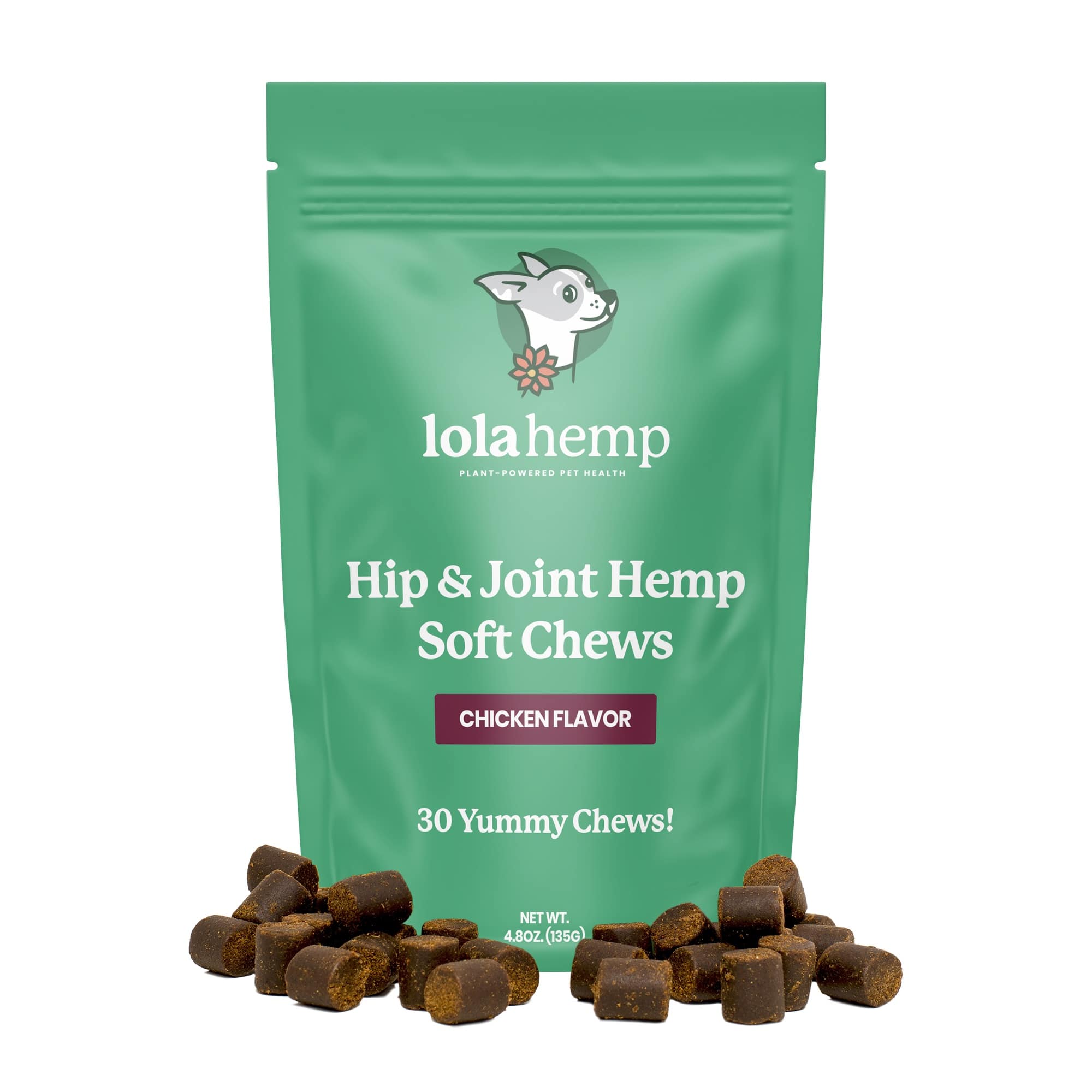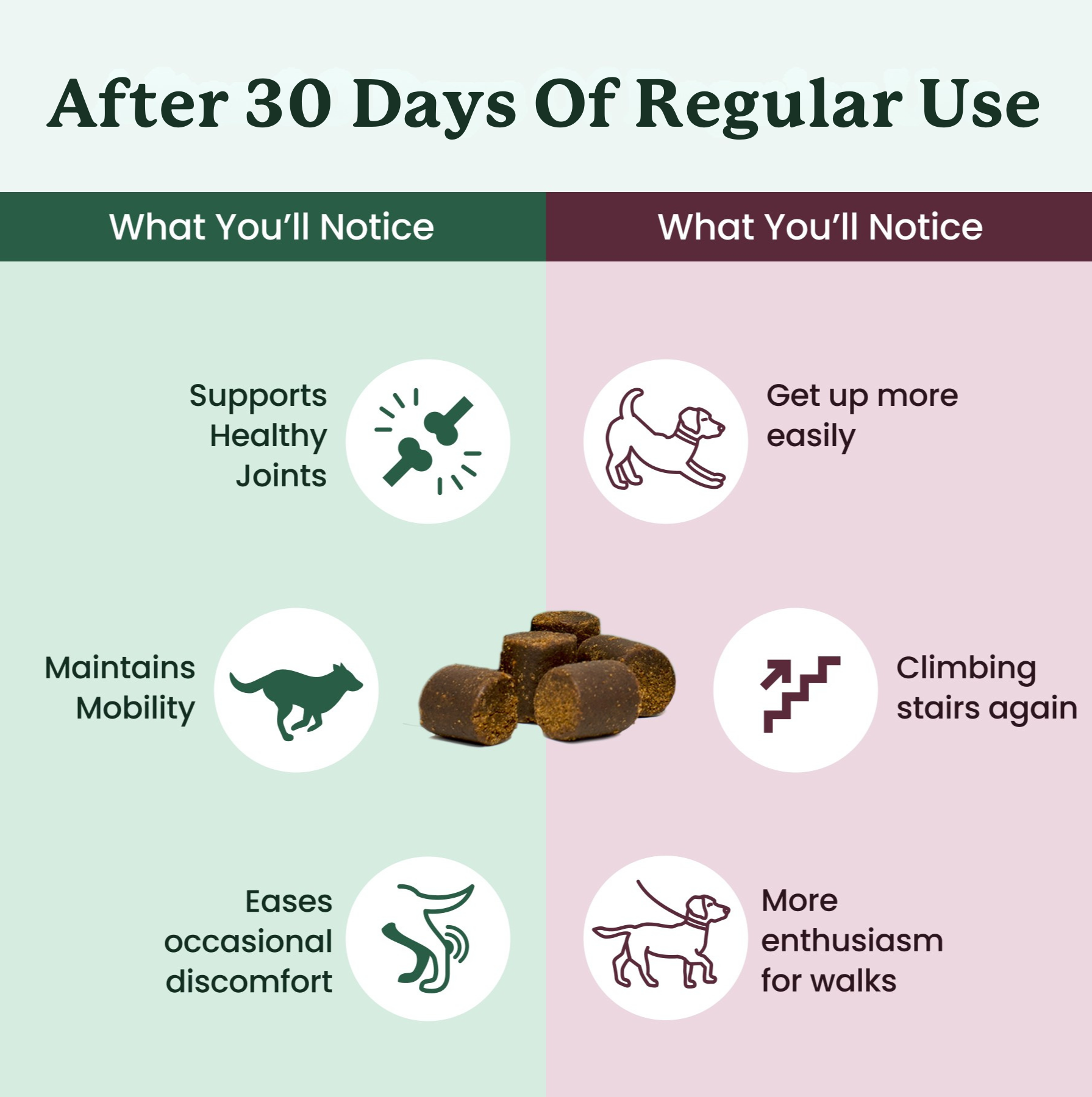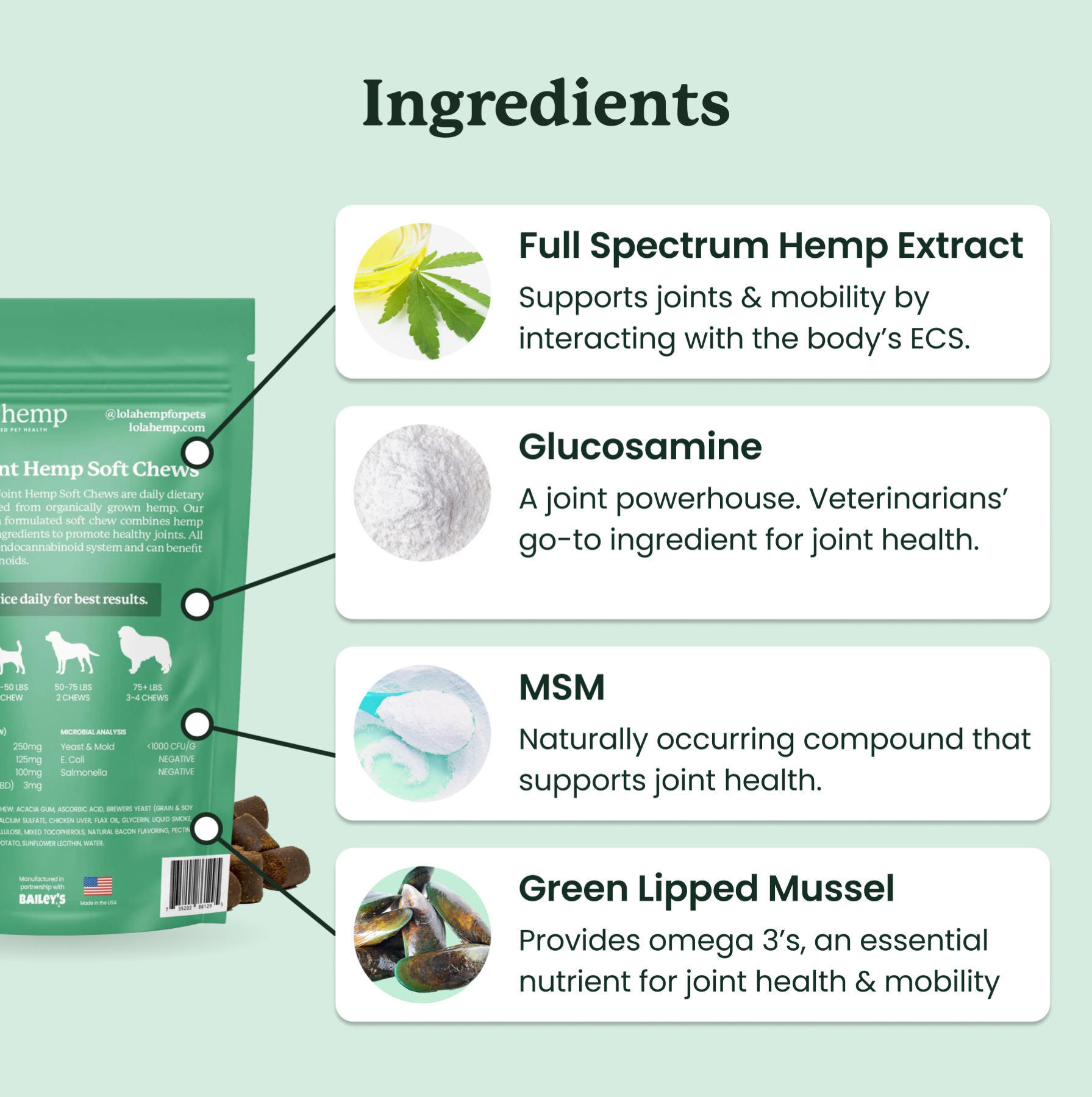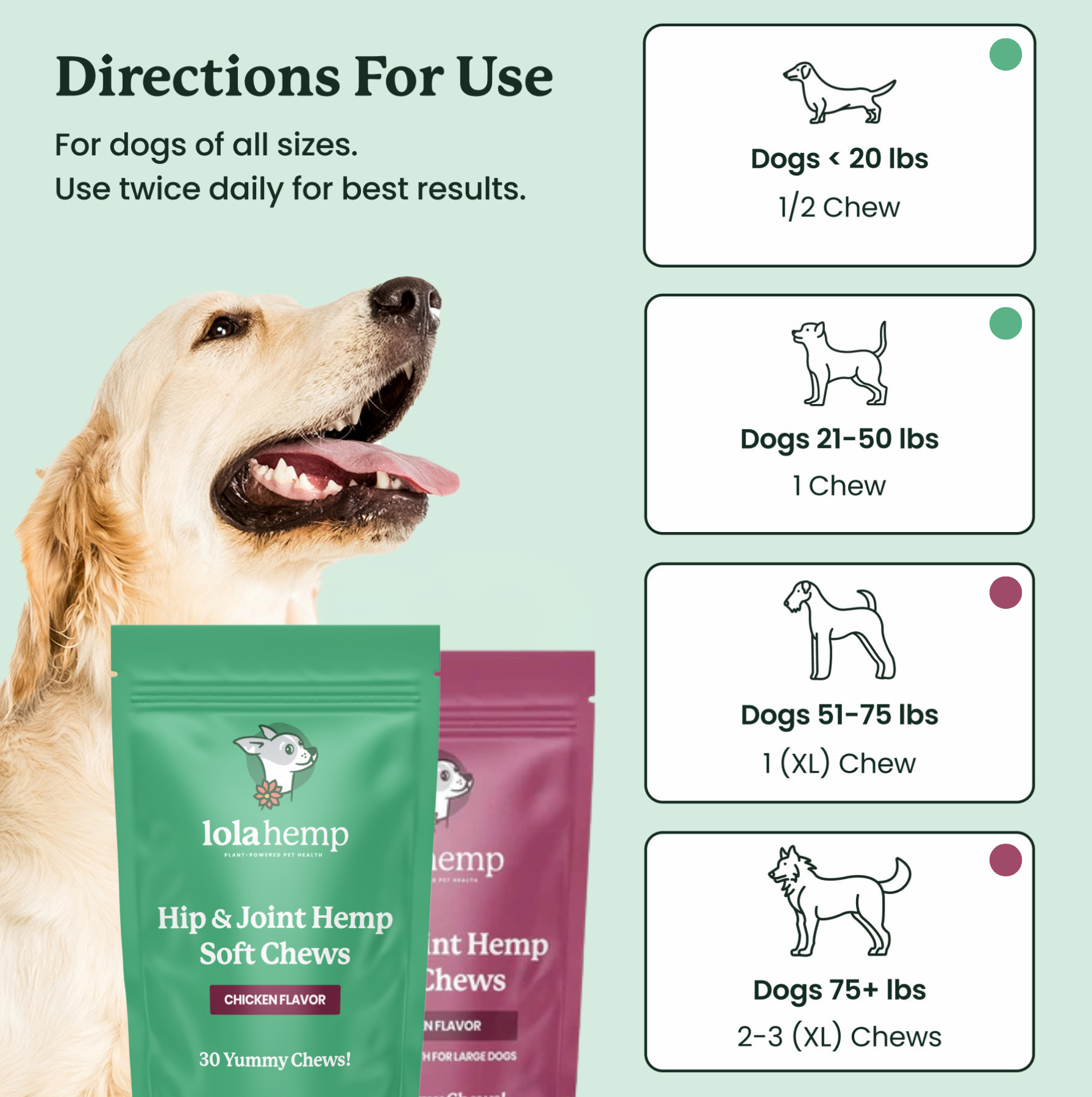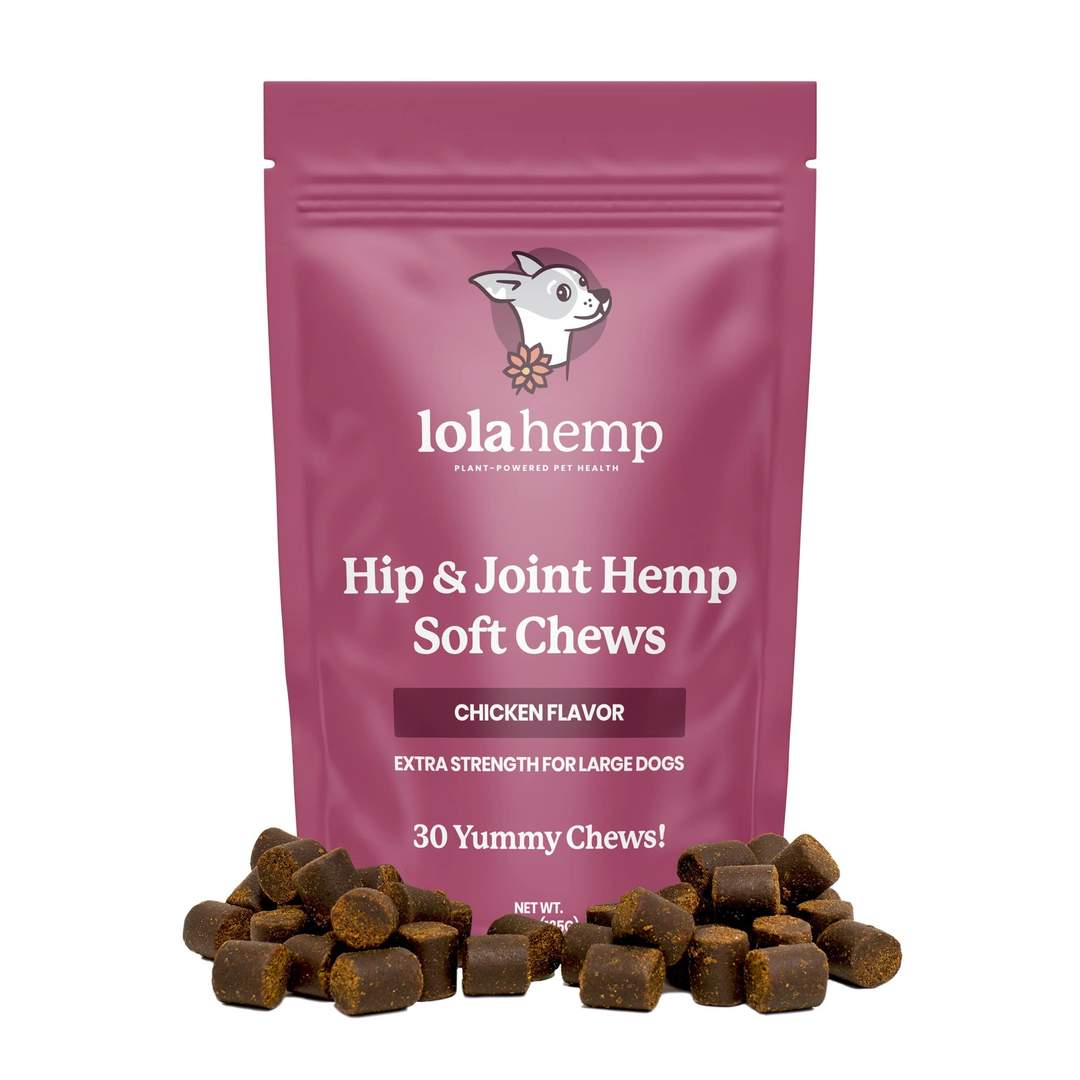The Poodle is one of the most recognizable and versatile dog breeds in the world. Known for their intelligence, trainability, and distinctive coat, Poodles come in three sizes—Standard, Miniature, and Toy—each with its own strengths but sharing the same core traits.
While often associated with elegant grooming styles and show rings, the Poodle was originally bred as a working dog. Their origins trace back to Europe, where they were used for water retrieving and game hunting. The Poodle's curls were actually bred to help insulate and streamline their swimming abilities.
Over time, their intelligence and adaptability helped them transition into companion animals, performers, and therapy dogs, among other roles.
Today, Poodles are valued not only for their appearance but also for their compatibility with many lifestyles. Their low-shedding coat, combined with strong trainability and sociable nature, makes them a well-rounded choice for families, individuals, and experienced dog owners alike.
The History of Poodles
Although commonly linked with France, the Poodle’s origins are likely German. The breed’s name comes from the German word “pudel,” meaning “to splash,” referencing their early role as water retrievers. In France, they became known as “Caniche,” or “duck dog.”

The original Standard Poodle was developed for hunting and retrieving in water, potentially as early as the 15th century! Over time, breeders began producing smaller versions for different purposes: Miniature Poodles were often used for truffle hunting, and Toy Poodles became popular companions in urban settings.
Despite their reputation for sophistication, Poodles have always been practical dogs—active, alert, and built for work. Their coats were historically trimmed in ways that helped them move efficiently through water while keeping vital areas warm. These early utilitarian trims eventually evolved into the more decorative styles seen today.
Poodle Temperament and Behavior
Poodles are known for being intelligent, attentive, and responsive to training. They rank among the most trainable dog breeds and often perform well in obedience, agility, and other performance activities. Their ability to quickly learn commands and routines makes them a common choice as service dogs and therapy dogs, which also shows their kind and compassionate nature.
Socially, Poodles tend to form strong bonds with their families and are typically very, very loyal. They are generally good with children and can coexist well with other pets if socialized early. Some Poodles may be reserved with strangers, but outright bad behavior or aggression is very uncommon.

Poodles were hunting dogs, so they require a good deal of activity to stay happy and healthy. While many poodles can be lazy when they want to be, they're also active dogs and this tends to be forgotten by those who don't own poodles.
So, if you plan to own a poodle, plan to take them out and get them active just as much as you would any other hunting dog!
Common Health Issues in Poodles
As with all breeds, Poodles are susceptible to certain health conditions. Standard Poodles may be prone to hip dysplasia and certain types of bloat (gastric dilatation-volvulus), while smaller varieties are more likely to face issues like patellar luxation and tracheal collapse.
So, hip & joint issues are something to watch out for in all Poodles, regardless of size.
Across all sizes, Poodles are at risk for progressive retinal atrophy (PRA), a degenerative eye condition that can lead to vision loss. Dental disease is a common concern as well, especially in Toy and Miniature Poodles, so consistent dental care—including brushing and professional cleanings—is essential.
Overall, though, Poodles tend to keep their good health with regular vet checkups and attention to detail from their owners!
Grooming and Coat Maintenance
Poodles have a dense, curly coat that doesn’t shed much but requires regular maintenance. Without consistent brushing, their fur can mat and become uncomfortable. Many owners choose to keep the coat trimmed short to make upkeep more manageable.
Professional grooming every 4–6 weeks is typical, though frequency depends on coat length and the type of lifestyle you and your dog are living! If you're out and about, potentially even getting into the water, you may need groom and wash more often.
Depending on the grooming done to your Poodle, you may also want to pay special attention to their paws which could become matted. Paw health is key, so making sure there are no matted clumps of fur can reduce the chances of bacterial infections, and even hip & joint issues.
Is a Poodle the Right Fit for You?
Poodles are well-suited to households looking for an intelligent, interactive dog with flexible energy levels and low-shedding coat care. They're very adaptive, but they do best in homes that give them a lot of attention, and plenty of opportunities to flex their mental muscles with puzzles or tasks to complete.
Additionally, make sure not to neglect your Poodle's need for physical activity. These were originally hunting dogs, and they love to run and get into the water.
They’re not a low-maintenance breed, but for owners who can commit to regular grooming and thoughtful engagement, Poodles make deeply rewarding companions. Their history, personality, and appearance combine into a breed that’s both capable and highly compatible with modern pet life.

